24/7 Helpline:
(866) 899-221924/7 Helpline:
(866) 899-2219
Learn more about Morphine Rehab centers in Union County

Other Insurance Options

Providence

Excellus

Access to Recovery (ATR) Voucher

American Behavioral

Absolute Total Care
Beacon

United Health Care

MHNNet Behavioral Health

Amerigroup

Lucent

AllWell

State Farm

Evernorth

Medical Mutual of Ohio

UMR

CareFirst

Oxford

BHS | Behavioral Health Systems

Highmark

Horizon Healthcare Service

Center for Human Development
Center for Human Development is a private rehab located in La Grande, Oregon. Center for Human Devel...

Jonathan M. Wainwright Memorial VA Medical Center – La Grande VA Community Based Outpatient Clinic
Jonathan M. Wainwright Memorial VA Medical Center - La Grande VA Community Based Outpatient Clinic p...

















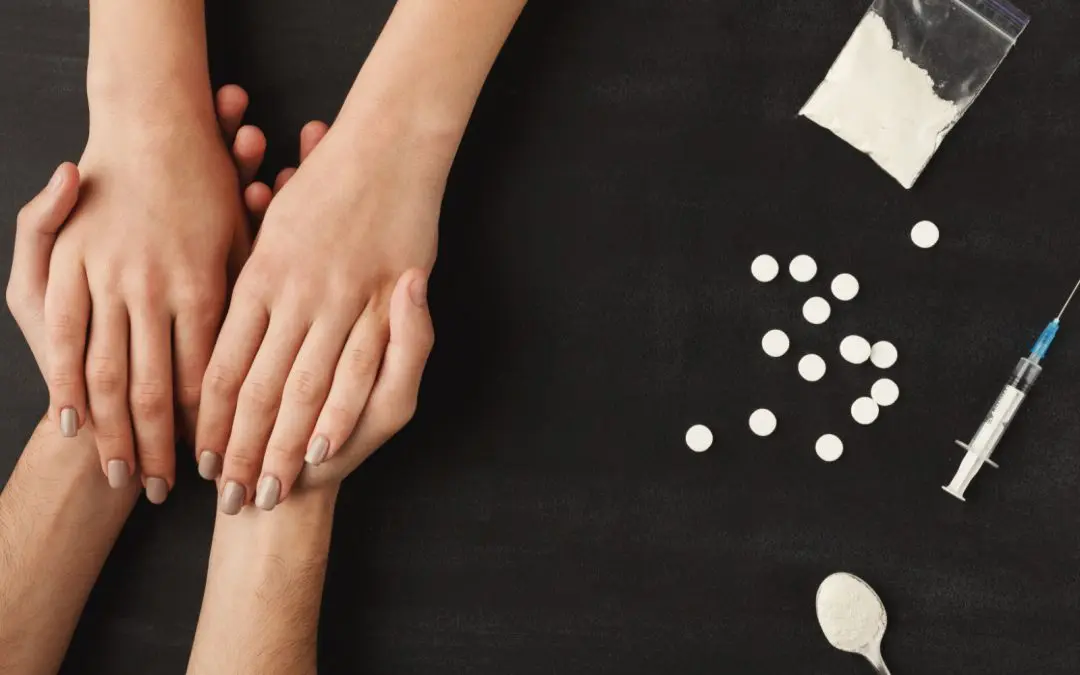


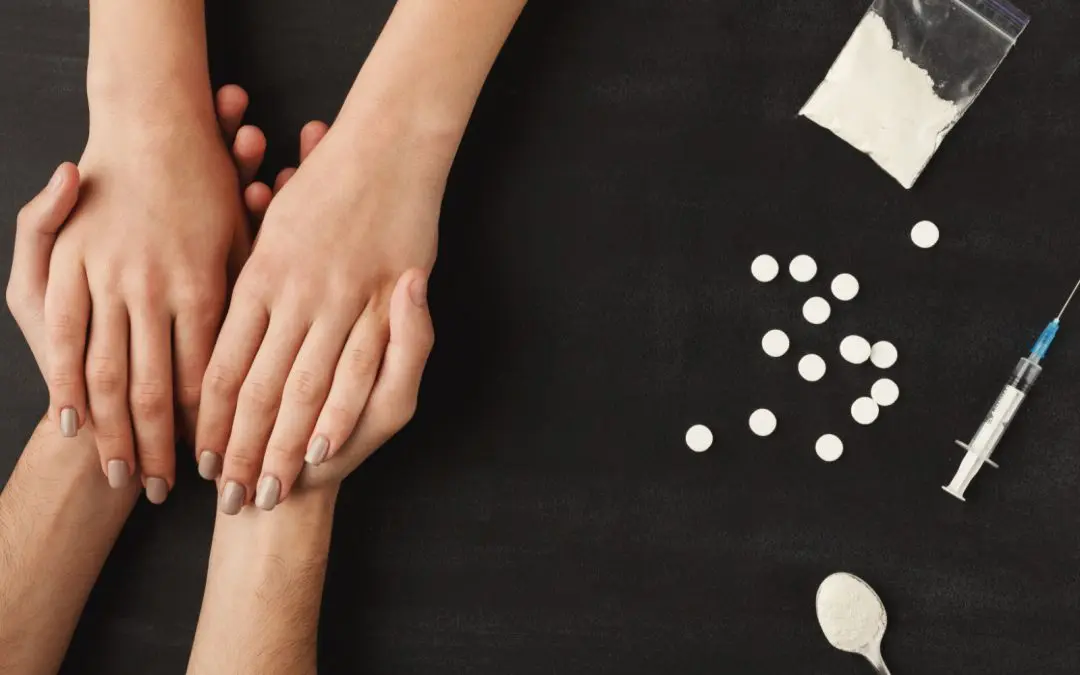











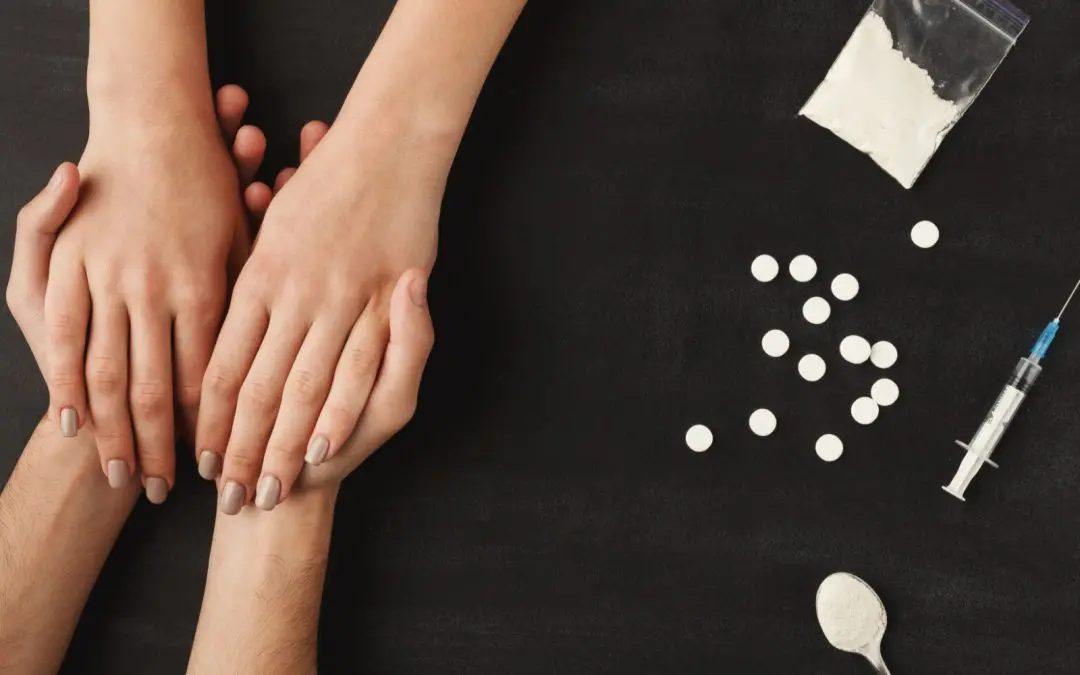










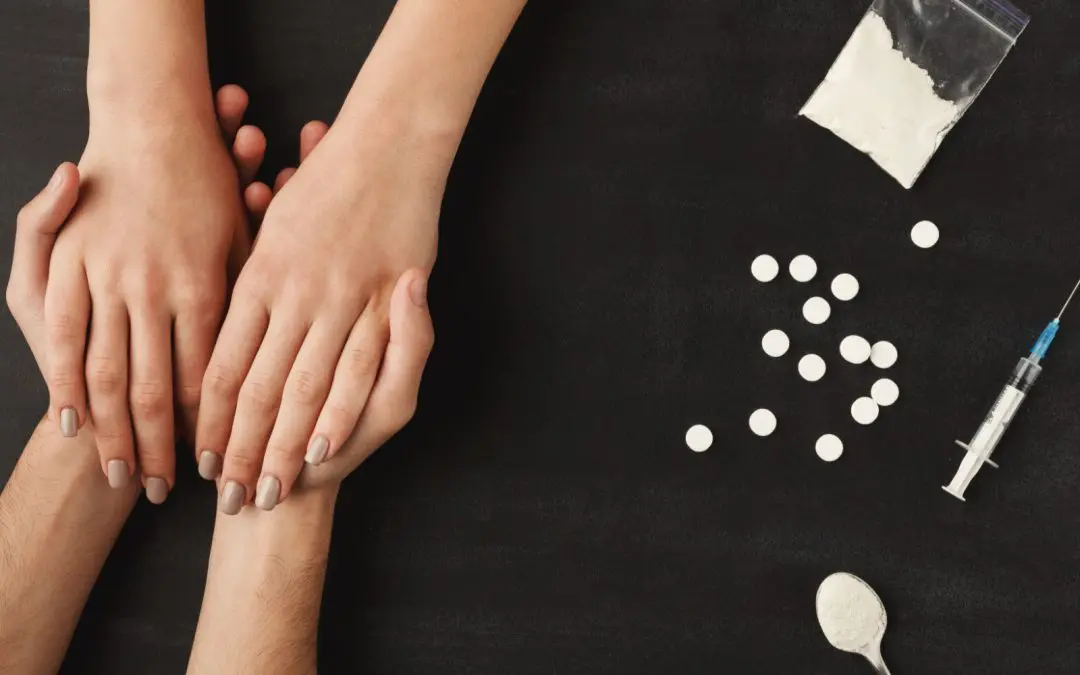













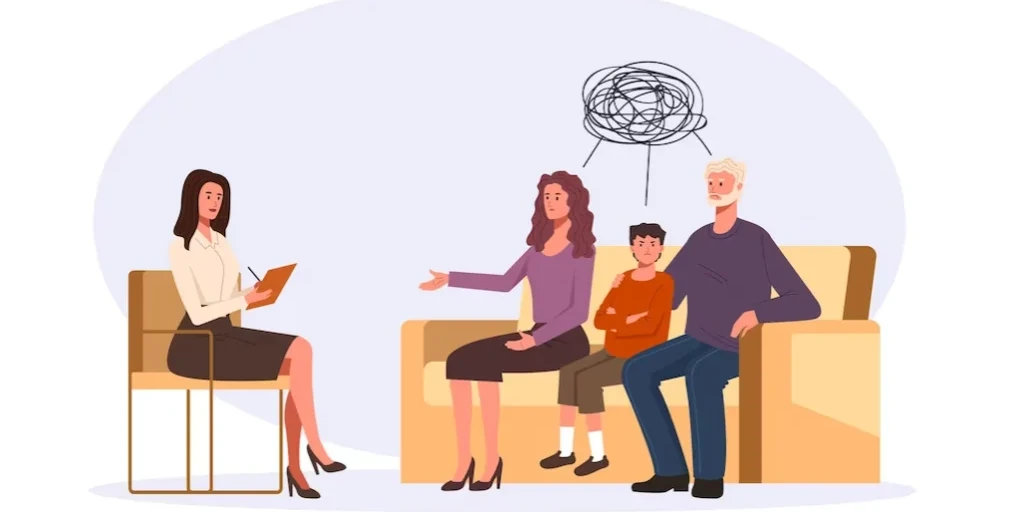






















Heart Steps Counseling Services
Heart Steps Counseling Services is a private rehab located in La Grande, Oregon. Heart Steps Counsel...

Grande Ronde Recovery
Grande Ronde Recovery is a private rehab located in La Grande, Oregon. Grande Ronde Recovery special...


















